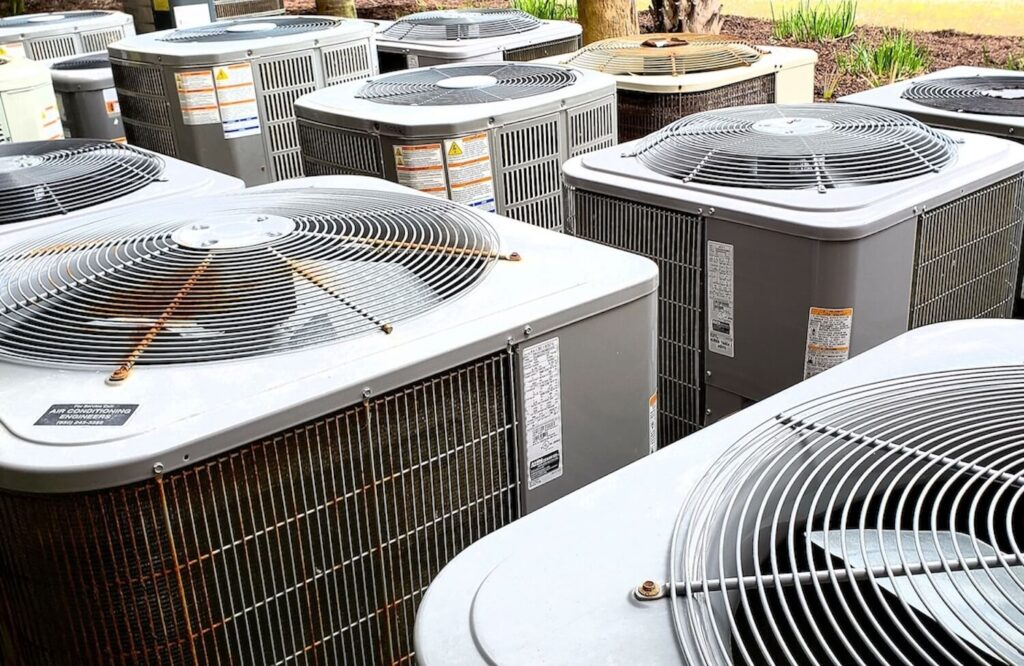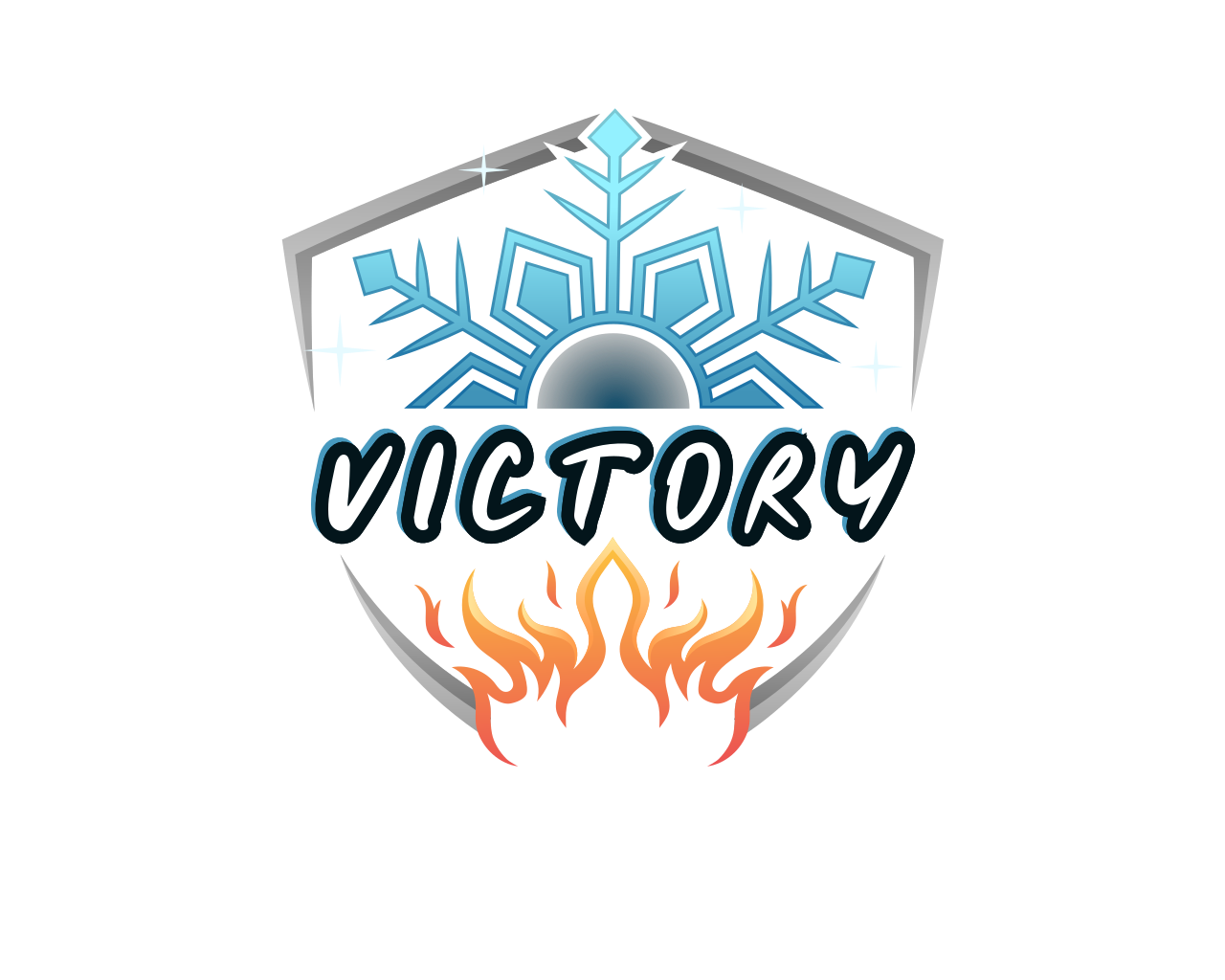
HVAC (Heating, Ventilation, and Air Conditioning) systems play an indispensable role in our homes, businesses, and buildings. They ensure comfortable indoor temperatures year-round, improve air quality, and maintain humidity levels. It’s no surprise that when something goes wrong with an HVAC system, many people consider taking matters into their own hands. After all, with the wealth of online resources available, DIY repairs may seem like a cost-effective solution. However, the reality is that attempting to fix your HVAC system yourself is risky for many reasons.
In this article, we will explore why DIY HVAC repairs can lead to more harm than good and why leaving the job to licensed professionals is always the better choice.
1. The Complexity of HVAC Systems
HVAC systems are sophisticated machines that involve numerous interconnected components. An HVAC system includes several parts such as thermostats, compressors, evaporator coils, fans, ducts, refrigerants, and circuit boards. Each of these parts serves a specific function that contributes to the efficient operation of the system.
If one part of the system malfunctions, it can cause a cascade of issues throughout the entire unit. A homeowner may be able to troubleshoot basic problems like dirty air filters or a tripped breaker, but HVAC systems are often not as simple as they appear. Even seemingly straightforward issues may involve more complex internal components, requiring technical knowledge and proper training to repair.
Professionals undergo rigorous training to understand how all the parts of an HVAC system function together. They also stay current with new technologies and changes in industry standards. Without this level of expertise, DIY repairs could end up making the situation worse. For instance, a minor leak in a refrigerant line could appear harmless, but improper handling could cause a failure of the compressor, which is an expensive component to replace.
2. Safety Hazards Associated with DIY HVAC Repairs
One of the most compelling reasons to leave HVAC repairs to professionals is the potential for serious safety risks. HVAC systems involve high-voltage electrical components, gas lines, and pressurized refrigerants—each of which presents specific dangers when mishandled.
HVAC Electrical Hazards Risk
An HVAC system requires electricity to function, and electrical issues are a common cause of malfunctions. These systems have components such as circuit boards, high-voltage wiring, and capacitors that can be dangerous if improperly handled. If you attempt to diagnose or repair an electrical issue without the proper knowledge, you risk electrocution, sparking, or even starting a fire.
For example, when servicing an air conditioning unit, professionals know to safely discharge capacitors that store energy. A DIYer, without this knowledge, might touch these components and cause a serious electrical shock. An HVAC technician is equipped with the necessary tools and training to safely handle high-voltage systems and avoid such dangers.
HVAC Gas and Combustion Risks
For HVAC systems that run on natural gas or propane (as is common with furnaces), any repair work done incorrectly could result in dangerous gas leaks. Gas leaks are extremely hazardous, as they can lead to carbon monoxide poisoning or even explosions. Carbon monoxide is a colorless, odorless gas that is highly toxic when inhaled, and it can accumulate quickly in an enclosed space.
Many HVAC systems rely on gas lines to power furnaces or water heaters. A licensed technician is familiar with the protocols for inspecting and repairing gas-powered appliances to ensure there are no leaks or malfunctioning components. A DIY repair could lead to unintentional gas leakage, putting you and your family in serious danger.
HVAC Refrigerant Leaks
Refrigerants are chemicals used in HVAC systems to absorb and release heat, making them essential to the cooling process in air conditioners and refrigerators. These chemicals are pressurized and can be harmful to your health if not handled properly. If you attempt to repair an HVAC system that uses refrigerant, you risk overcharging or undercharging the system, which can lead to environmental harm or system failure. Refrigerants also need to be handled according to specific legal guidelines, which require certifications from the Environmental Protection Agency (EPA).
An HVAC technician has the proper certifications and tools to safely handle refrigerants, ensuring that they are disposed of or replenished in compliance with regulations. Attempting to do this yourself can lead to harmful consequences, not only to your system but also to the environment.
3. The Risk of Further Damage
Another significant drawback of DIY HVAC repairs is the risk of causing further damage to the system. HVAC units are intricate, and without a full understanding of how they function, it’s easy to make mistakes. A seemingly simple fix can quickly escalate into a larger, more expensive repair job.
For example, if your air conditioning unit isn’t cooling properly, you might assume that low refrigerant levels are the issue. However, in many cases, refrigerant leaks can be indicative of a larger problem, such as a leak in the coil or damage to the compressor. A DIYer may refill the refrigerant without addressing the underlying issue, resulting in the same problem reoccurring, but with added damage to the components involved.
HVAC technicians use their experience and diagnostic tools to pinpoint the root cause of an issue, allowing them to perform repairs in a way that addresses the entire problem, not just the symptoms. This approach prevents further damage and helps you avoid costly repairs down the line.
4. The Problem of Improper Tools and Equipment
HVAC repairs often require specialized tools that are not typically found in a standard homeowner’s toolbox. From digital thermometers to manometers (which measure pressure), from refrigerant charging scales to multimeters that assess electrical components—HVAC technicians come equipped with a variety of tools necessary to diagnose and fix issues efficiently and safely.
A DIYer who attempts to perform repairs without the correct tools may not only be unable to fix the problem, but could also risk damaging other parts of the HVAC system. Using the wrong tools or improper techniques can lead to costly mistakes, such as damaging sensitive components, voiding the system’s warranty, or causing unsafe conditions like gas leaks or electrical shorts.
In addition to tools, HVAC technicians have access to advanced diagnostic equipment that allows them to quickly and accurately identify problems that may not be immediately apparent. Many modern HVAC systems are complex and rely on intricate sensors and controls that are difficult to troubleshoot without the right equipment.
5. Time and Energy Spent on DIY Repairs
Another hidden cost of DIY HVAC repairs is the time and energy spent attempting to fix the problem. Many homeowners begin a DIY HVAC repair with the best intentions, only to find themselves struggling to understand the system’s complexity or running into unforeseen challenges.
What starts as a simple task could turn into a day-long (or even week-long) project. You may have to take time off work or cancel other plans to complete the repair, and the stress involved can disrupt your daily life.
On the other hand, hiring a professional HVAC technician ensures that the job is done right in a fraction of the time. Technicians are experts who can quickly assess the issue, make repairs, and restore the comfort of your home or business in a timely manner, allowing you to get back to your regular routine.
6. Cost Savings: Why DIY Repairs May End Up Being More Expensive
One of the most common reasons homeowners opt for DIY repairs is the perceived cost savings. However, while DIY might seem cheaper at first glance, it can end up being more expensive in the long run.
If a DIY repair goes wrong, you could end up doing more damage to your HVAC system, which will require more expensive repairs. Additionally, if the repairs are not done correctly, you may have to call in a professional to fix the mistakes you made. This can increase the overall cost of the repair.
Moreover, many HVAC systems come with a warranty that covers parts and labor. However, this warranty is often voided if the system is repaired by someone who is not a licensed professional. In this case, DIY repairs could end up costing you more than if you had hired a technician in the first place.
Finally, professionals often provide maintenance packages that help prevent future issues. Regular maintenance can help keep your system running efficiently, extending its lifespan and avoiding costly breakdowns. A well-maintained system is less likely to encounter major problems, saving you money over time.
7. Warranty and Insurance Concerns
Most HVAC systems are covered by warranties that protect the homeowner from expensive repair costs. However, many manufacturers’ warranties require that the system be repaired by a licensed professional. If you attempt to repair the system yourself, the manufacturer may void the warranty, leaving you responsible for all future repair costs.
Additionally, many HVAC technicians are insured, which means that in the event of an accident or property damage during the repair process, the technician’s insurance will cover the cost of damages. Without insurance, you may be held financially responsible if something goes wrong during a DIY repair.
8. The Importance of Regular Professional Maintenance
Preventing HVAC problems is always better than trying to fix them. Professional HVAC technicians offer routine maintenance services that keep your system running smoothly. Regular inspections and maintenance can catch small issues before they turn into major repairs. Tasks such as cleaning air filters, checking refrigerant levels, cleaning coils, and inspecting electrical components are all part of routine maintenance that professionals can handle with ease.
Regular professional maintenance also improves the system’s efficiency, lowering energy bills, and extending the lifespan of your HVAC equipment.
Conclusion
While DIY HVAC repairs may seem like an attractive option for homeowners looking to save money, the risks involved far outweigh any potential benefits. HVAC systems are complex, and improper repairs can lead to safety hazards, further damage, voided warranties, and higher long-term costs.
Hiring a licensed HVAC professional ensures that repairs are made safely, accurately, and efficiently. A technician not only brings the right tools and expertise but also offers peace of mind that your HVAC system will operate safely and efficiently for years to come. When in doubt, always leave HVAC repairs to the professionals.
